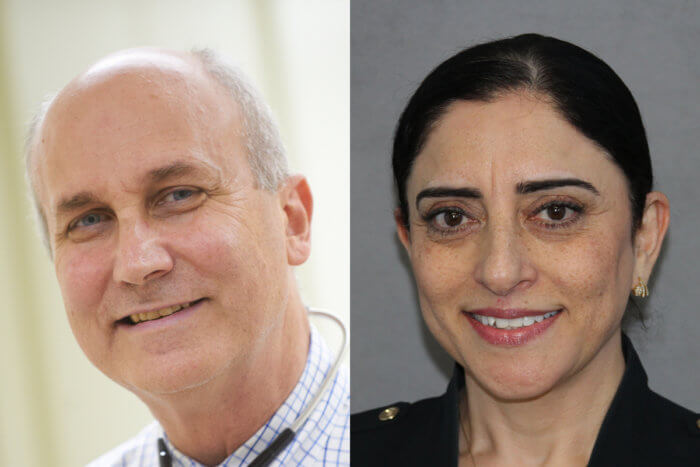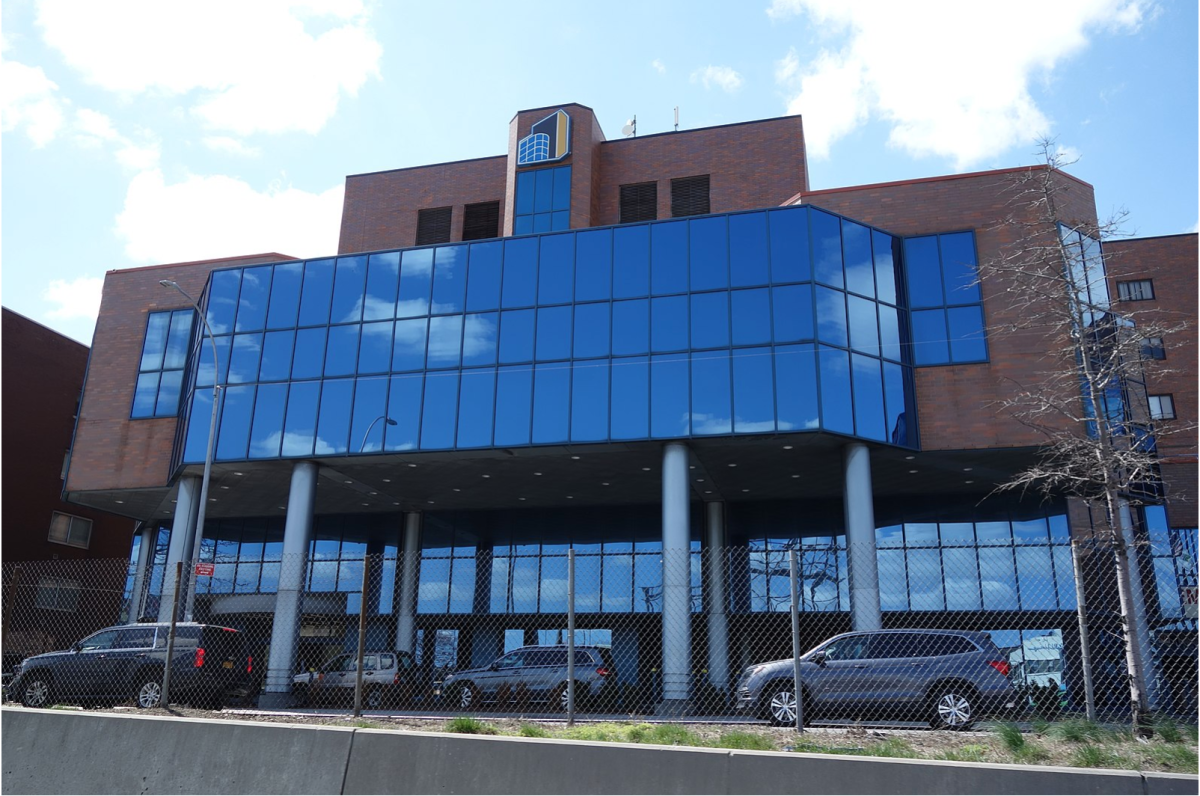In their efforts to continue providing the highest-quality care to its diverse patient population, the MediSys Health Network, comprising Jamaica Hospital and Flushing Hospital, is collaborating with the Memorial Sloan Kettering Cancer Center (MSK) to expand access to world-class cancer care for Queens and eastern Brooklyn residents.
Queens is one of the most diverse communities in the world with 2.4 million residents who speak more than 135 languages. Many people living in Queens also face significant healthcare barriers, including socio-economic, language and educational disparities, that profoundly affect their ability to access care, particularly cancer care.
Dr. Sabiha Raoof, MD, chief medical officer and chairperson of Radiology at MediSys Health Network, said cancer care is a significant need in the community.
“MSK will help bring world-class oncology expertise to our patients. In combination with our long-standing experience in addressing socioeconomic determinants of health, I believe our partnership will be highly synergistic and will reduce the heavy burden of cancer in Queens,” Raoof said.
This collaboration aims to bring innovative cancer therapies to the people of Queens and eastern Brooklyn, so they won’t have to travel outside of the borough for treatment. It is also a pivotal step in furthering MSK’s goal of creating a patient population that better reflects the diversity of New York City and, ideally, offering participation in clinical trials to a broader group of people.

According to David Pfister, MD, chief of Head and Neck Oncology Service and associate deputy physician-in-chief of strategic partnerships, outreach is an essential part of MSK’s mission.
“MediSys Health Network and Jamaica Hospital have deep roots within their community, an extraordinary commitment to serving it, and great expertise in caring for their patients. We believe that together our efforts will make a positive impact across this vibrant community,” Pfister said.
While Jamaica Hospital serves as a Level 1 trauma center providing high-quality trauma care in NYC and is one of the top stroke centers in the community, Raoof said the hospital was not doing well in meeting the needs of its patients for cancer care.
According to Raoof, the ultimate goal is to have a comprehensive cancer center at Jamaica Hospital.
“We already have one of the doctors from MSK who has started seeing patients at Jamaica Hospital,” Raoof said. “Our goal, with the help of MSK, is to hire more physicians who will be able to spend more time on the Jamaica campus. We understand that our patients really don’t want to travel outside of the borough. Whatever we can provide at the Jamaica campus, will be provided here and the specialties that we don’t have will be provided at the MSK campus.”
Raoof said their team and the MSK team are working on making sure that the transfer of patients from one campus to another goes smoothly.
In this transition, Pfister said Jamaica Hospital would be able to grow its skills and expertise locally and hire staff in the area.
“With time, as there’s growth and innovation, Jamaica Hospital will be able to execute a lot of things, such as an operation or particular clinical trial, at the campus,” Pfister said.
In terms of clinical trials, Pfister and Raoof said it includes a diverse mix of patients that is invaluable and will support the development of potentially lifesaving therapies for a wider range of people with cancer.
According to the American Association for Cancer Research, the most pressing challenges that need to be urgently addressed are low participation in clinical trials, in particular, among individuals living in rural areas, adolescents and young adults, and the elderly, as well as the lack of representation from racial and ethnic minorities.
“The more diverse and representative of the population at large that the patients who entered the trial are, the more representative the results are of where we are in terms and go to apply them,” Pfister said. “There clearly has been underrepresentation which leads to gaps in our knowledge, and many times a trial is the best option for a patient because they’re dealing with an incurable disease and not having access to a trial is also something that adversely affects their care.”
Raoof noted the importance of gaining patients’ trust.
“Minority populations don’t have access to clinical trials and we saw that during COVID when they didn’t trust the vaccines because it wasn’t tested in their kind of patient population,” Raoof said. “I think this is a step for us and will be a great relationship. We at Jamaica have been dealing with a diverse patient population all these years, and we have the know-how of how to gain trust with these patients having a relationship with a center like MSK and having access to those drug trials, our relationship will be highly synergistic.”
Raoof said the hospital is also looking at what types of cancers (such as lung cancer, head and neck cancer, prostate cancer in men, and breast cancer in African American women) are more common in their patient population.
“We are going to focus on the treatment, but also the preventative side,” Raoof said. “We already do a lot of breast cancer screening and colorectal screening, but now with the help of MSK, we are going to do lung cancer screenings and prostate cancer screenings in the future.”


































